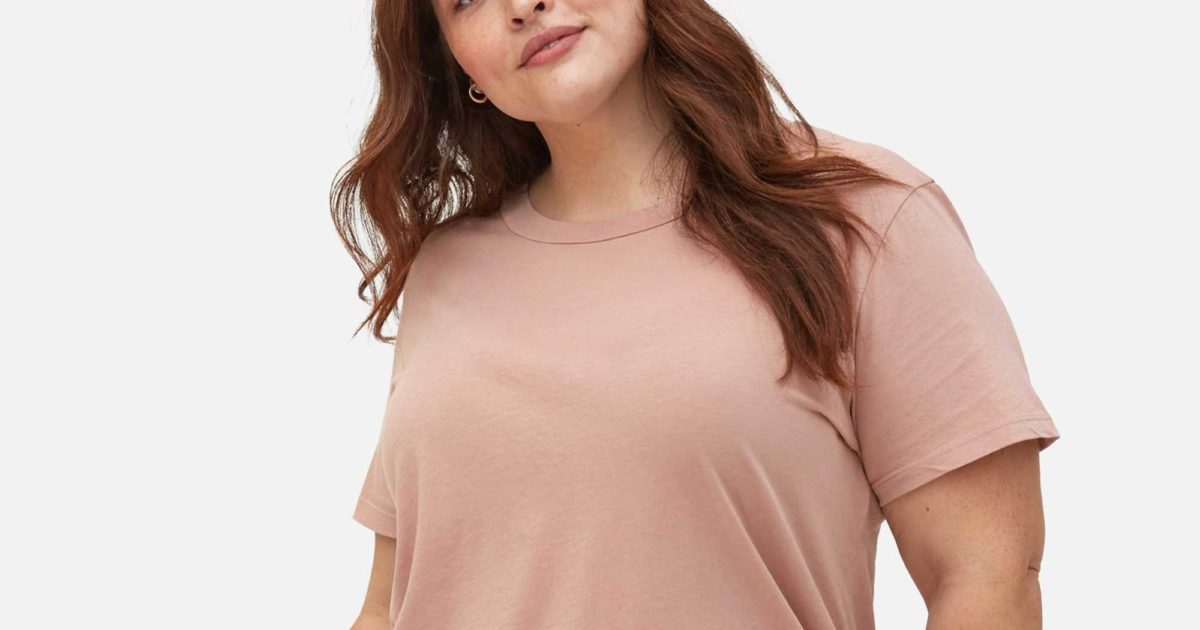Sustainable Sophistication: Shirts That Merge Style And Ethical Values
When it comes to sustainable and ethical fashion, one of the key areas of focus is t-shirts. We all have them in our wardrobes, but have you ever stopped to think about the impact they have on the environment and the people who make them? In this post, we will dive deep into the world of sustainable and ethical t-shirts, exploring the different options available and how you can make more conscious choices when shopping for this everyday staple.

As you may already know, the fashion industry is one of the largest contributors to global pollution and waste. From the extraction of raw materials to the carbon emissions from manufacturing and transportation, the environmental footprint of conventional t-shirts is substantial. But fortunately, there are alternatives that aim to minimize this impact.
Organic cotton is one such alternative. Unlike conventional cotton, which is grown using vast amounts of water, pesticides, and synthetic fertilizers, organic cotton is cultivated without the use of these harmful chemicals. This not only reduces the environmental impact but also ensures the health and safety of farmers who work in cotton fields.
In addition to organic cotton, there are other innovative materials being used in the production of sustainable t-shirts. For example, some companies are turning to recycled fibers, such as recycled polyester or upcycled cotton, to create their garments. These materials help divert waste from landfills and reduce the demand for virgin resources.
Another important aspect of sustainable and ethical t-shirts is the working conditions and wages of the people who make them. In many fast fashion brands, garment workers often endure long hours, low pay, and unsafe working conditions. But ethical brands prioritize fair wages, safe working environments, and provide social benefits to their workers.
Choosing sustainable and ethical t-shirts goes beyond just the materials and working conditions. It also entails considering the entire lifecycle of the garment. This includes the dyeing and printing processes, which can have significant environmental impacts due to the use of harmful chemicals. Opting for t-shirts that are dyed using natural or low-impact dyes can greatly reduce these negative effects.
It's important to note that sustainability and ethics are multi-faceted concepts, and no brand or t-shirt can be 100% perfect in all aspects. However, there are numerous certifications and standards that can help us identify brands that are making genuine efforts towards sustainability and ethics.
When shopping for sustainable and ethical t-shirts, look out for certifications such as the Global Organic Textile Standard (GOTS) or the Fair Trade Certified label. These indicate that the garment meets certain social and environmental criteria and has been independently verified.
In addition to certifications, there are also some key factors to consider when choosing sustainable and ethical t-shirts:
- Quality: Investing in high-quality t-shirts means they will last longer and reduce the need for frequent replacements.
- Styles: Opt for timeless designs that won't go out of fashion quickly, allowing you to wear them for years to come.
- Transparency: Look for brands that share information about their supply chain, production processes, and sourcing of materials.
- Local and small-scale production: Supporting local and small-scale brands helps reduce carbon emissions from transportation and contributes to the local economy.
Now that we have explored the importance of sustainable and ethical t-shirts, let's address some common questions:
Tips for Caring for Sustainable and Ethical T-Shirts
1. Follow the care instructions provided by the brand to prolong the life of your t-shirts.
2. Wash your t-shirts in cold water to reduce energy consumption and preserve the colors.
3. Avoid using harsh detergents and opt for eco-friendly options.
4. Air dry your t-shirts whenever possible instead of using a dryer.
5. Mend any small holes or tears to extend the lifespan of your t-shirts.
Frequently Asked Questions
Q: Are sustainable and ethical t-shirts more expensive?
A: Sustainable and ethical t-shirts may have a higher price tag compared to fast fashion alternatives. However, investing in quality garments that last longer can save you money in the long run.
Q: Can I find sustainable and ethical t-shirts in different sizes and styles?
A: Yes, there is a wide range of sustainable and ethical t-shirts available, catering to different sizes, styles, and preferences.
Q: How can I identify if a brand is truly sustainable and ethical?
A: Look for certifications, read about the brand's sustainability practices, and see if they are transparent about their supply chain and production processes.
Q: Is it possible to recycle or compost t-shirts?
A: Some brands offer take-back programs for old garments, while others use compostable materials. Check with the brand to see if they provide any recycling or composting options.
In conclusion, sustainable and ethical t-shirts offer a more responsible and conscious choice for consumers. By considering the materials, production processes, working conditions, and certifications, we can make a difference in the fashion industry. It's time to embrace sustainable fashion and wear our values with pride.



Post a Comment for "Sustainable Sophistication: Shirts That Merge Style And Ethical Values"